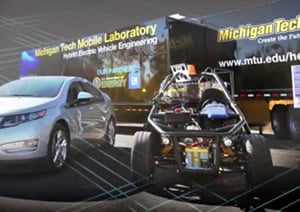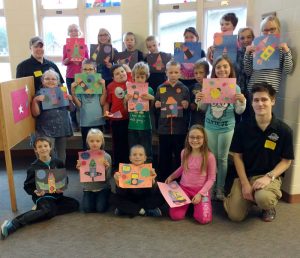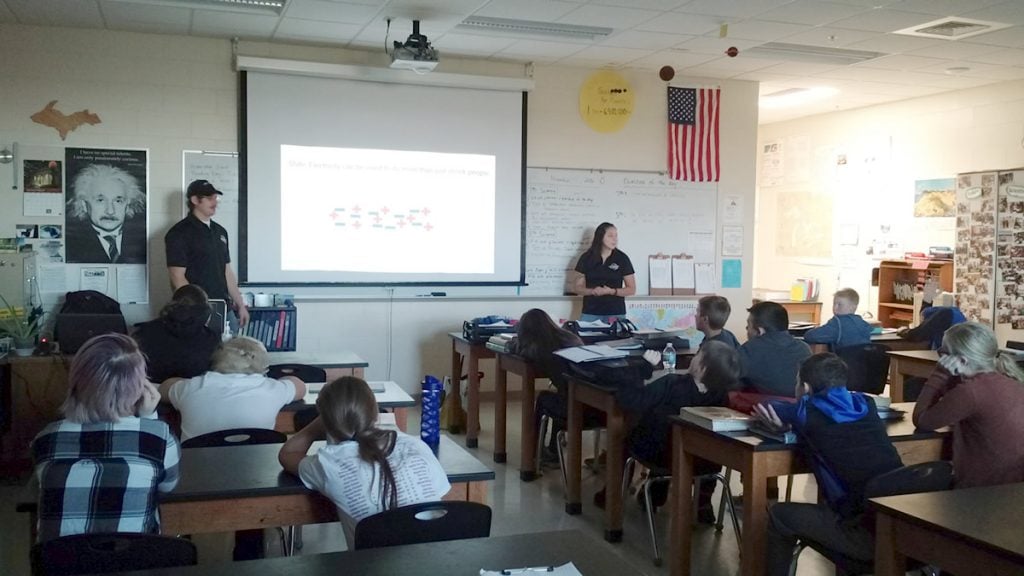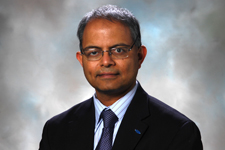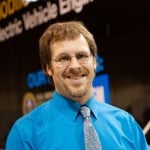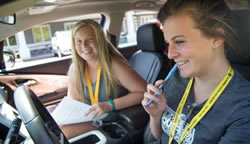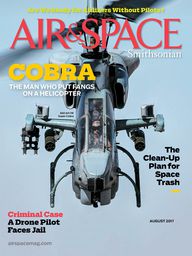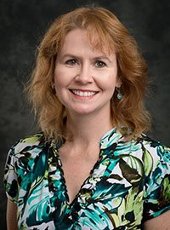
Xiao Sun (CEE, research assistant), Qingli Dai (CEE), Muraleekrishnan Menon (MEEM, research assistant) and Fernando Ponta (MEEM) co-authored “Design and Simulation of Active External Trailing-edge Flaps for Wind Turbine Blades on Load Reduction.”
The paper received the 2017 Journal of Aerospace Engineering Best Paper Award. An award banquet will take place at the 2018 Earth and Space Conference on April 9-12 in Cleveland.
https://doi.org/10.1061/(ASCE)AS.1943-5525.0000771
